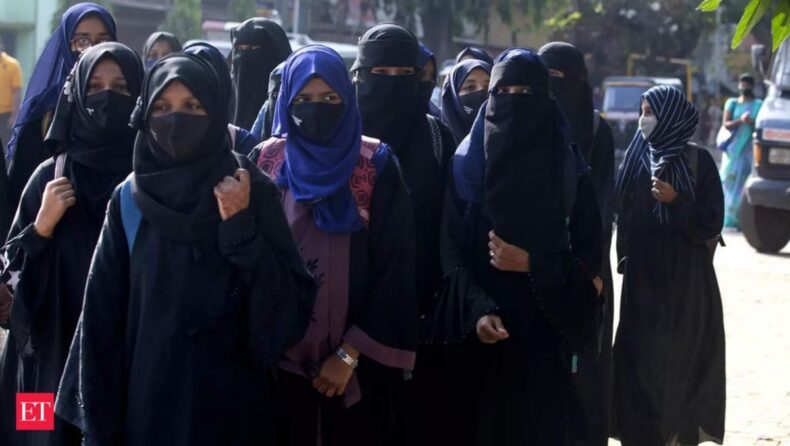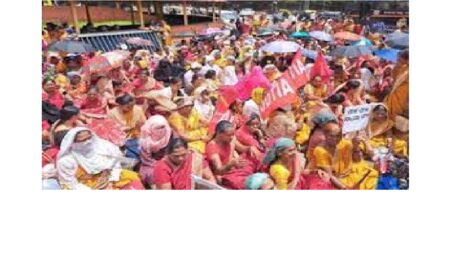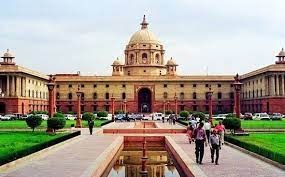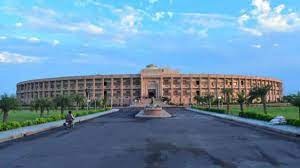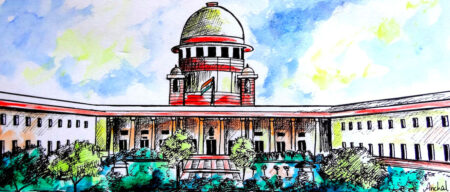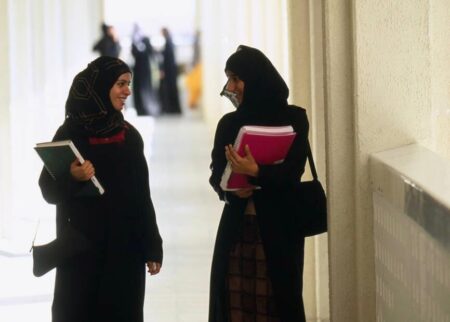The Karnataka High Court said hijab is not an essential religious practice, and today upheld the ban on hijab in classrooms, which was challenged by a group of Muslim students in a nationwide protest that began last year at a school.
To maintain peace and order, mass gatherings were prohibited for a week prior to the order by the High court.
Three judges said we are of the considered conclusion that the wearing of hijab by Muslim women does not form a part of an important religious practice in the Islamic religion by refusing to overturn the state government’s prohibition and dismissing student petitions.
The Karnataka government issued an order on February 5 banning clothing from schools and universities that disturbs equality, integrity, and public order.
According to the order of the High Court, students cannot object to the requirement of a school uniform because it is a fair restriction. The government has the authority to issue an order.
To reporters, Abhishek Janardhan, a lawyer for the students who had petitioned the court, said to reporters in response to the order: “We don’t want to make any hasty decisions.” We’ll sit down with our seniors and decide on our next steps.
One week before, mass gatherings were prohibited in the state capital of Bengaluru to maintain public peace and order. From March 15 to 19, Mangalore also prohibited public meetings. Schools and institutions in Udupi, where the protests began in December, are closed today.
The Karnataka High Court temporarily outlawed religious clothing, including the hijab and saffron scarves, last month, when the matter erupted into protests and a brawl between different student groups.
The court rejected the argument of the petitioners, including Muslim students, that wearing hijab is a fundamental right guaranteed by India’s constitution and an essential religious task. Students and teachers wearing hijab have been stopped from accessing schools and institutions in several sections of the state in recent weeks.
Videos of students and professors being ordered to remove their hijabs before entering the campus area during the very heated debate However, the High Court previously stated that the temporary restriction only extended to students, not teachers.
Students at a school in Udupi claimed that, for the first time in years, they had been barred from entering class wearing headscarves, igniting a debate about the hijab. As limitations were imposed on more universities, saffron-clad students launched counter-protests.
The state’s ruling The BJP has disputed charges that the hijab ban in government colleges is aimed at Muslim students. Party officials, on the other hand, have repeatedly stated that religious symbols should not be permitted in places of learning.
I am pleased with the court’s ruling. I ask everyone to move on with the state and country and to keep the peace by accepting the High Court order. Students’ primary task is to study. So, putting all of that aside, they should study and work together, Union Minister Pralhad Joshi remarked in Delhi.
Published by – Kiruthiga K
Edited by – Khushi Thakur







